Atlas Meats Mobile Processing Service
Cochran & Akberdin
Industrial Design, 2021
Atlas Meats is a mobile poultry processing service and unit that aims to address food system resiliency through decentralizing processing and enabling access and upwards mobility into the poultry industry.
The realities of food insecurity, wasteful consumption, and unsustainable industrial farming practices are symptoms of a deeper problem: lack of resiliency and redundancy within the food system. During the COVID-19 pandemic, parts of the United States experienced meat shortages due to outbreaks among workers within meat packing plants. The concentration and consolidation of the meat packing industry into large corporations caused this system to fail quickly. It was not able to gracefully extend and adapt resulting in the euthanization of thousands of animals.
Atlas Meats’ mobile processing unit and rental service promotes empowerment of smallholder farmers, humane treatment of animals, education of meat consumers, and sustainable practices. This is accomplished through a standardized unit centered around the user’s contextual needs for safe, clean processing and a rental service that encourages upward mobility through comprehensive training and adaptable scalability.
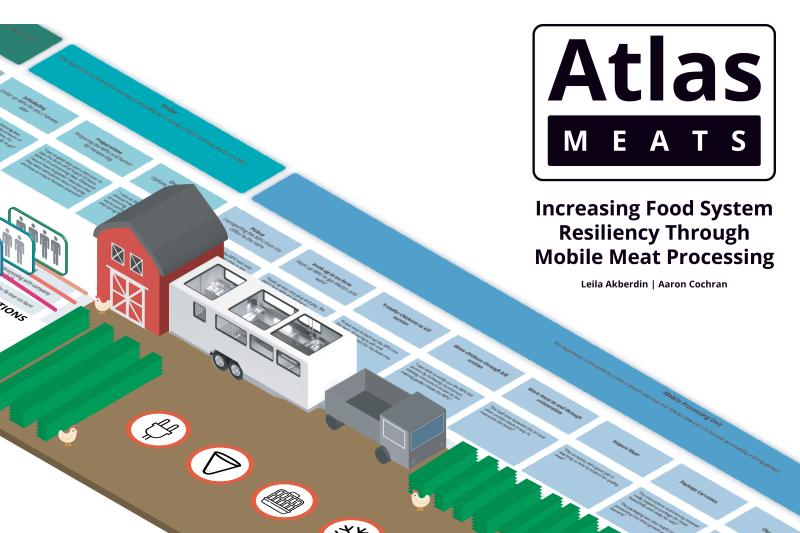
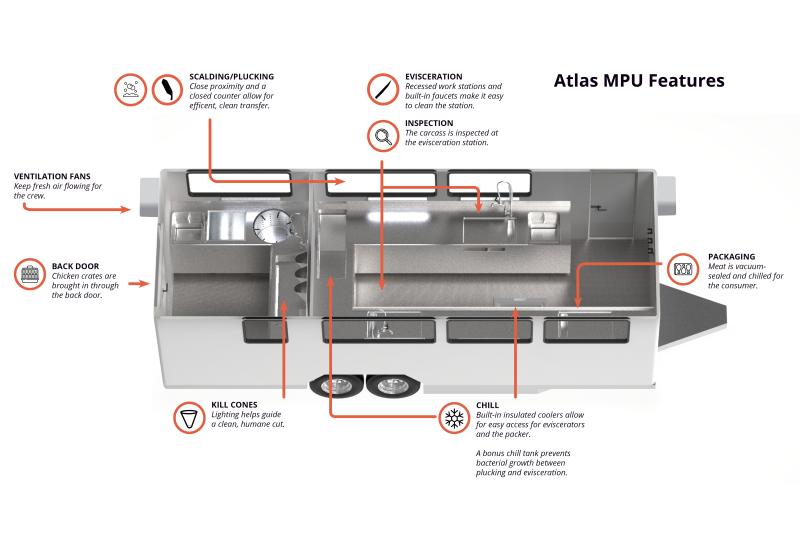
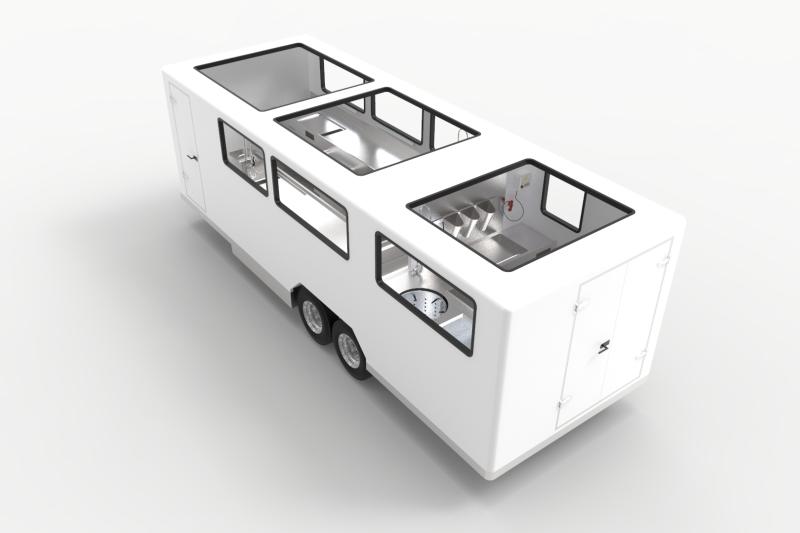

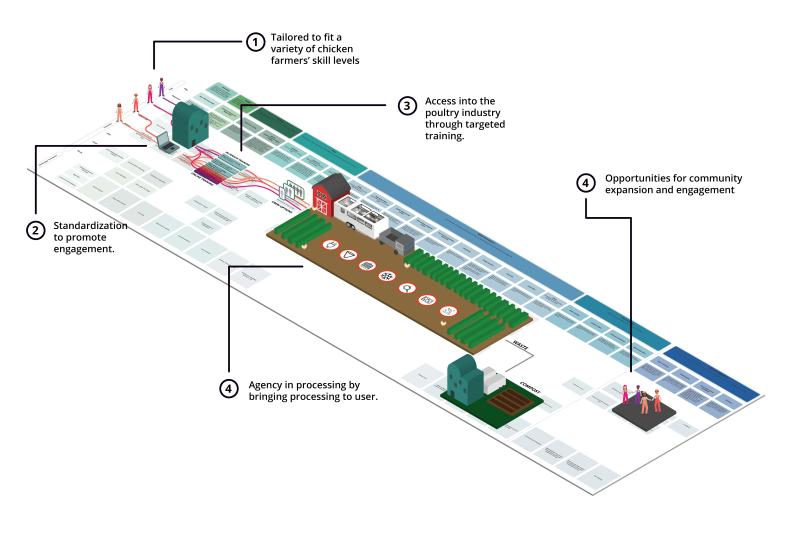
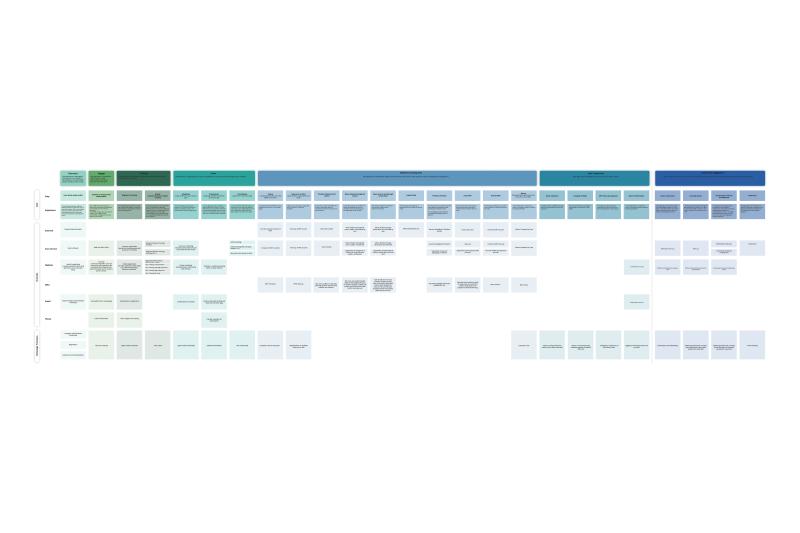
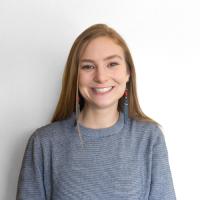
Leila Akberdin is a graduating Industrial Designer with a minor in humanitarian engineering originally from Cleveland, Ohio. Through her work she strives to create sincere and purposeful change through the design of thoughtful products, services, and experiences. During her four years here, she has had internships working in the intersection of health and design for Quantum Health and SmileChild. In her career, she aims to leverage design to contribute to solutions that truly make a meaningful impact on the lives of end users.

Aaron Cochran is a multidisciplinary designer who strives to build bridges between people, ideas, and objects that open the doors to unexpected possibilities. He seeks to improve the relationships between producers and consumers through a focus on contextual needs and systemic challenges. He will pursue his masters degree in Cognitive Systems Engineering where he will continue study human needs for complex systems. He hopes to eventually work at the intersection of food, agriculture, and design.
